Matéria-Prima – Training in art
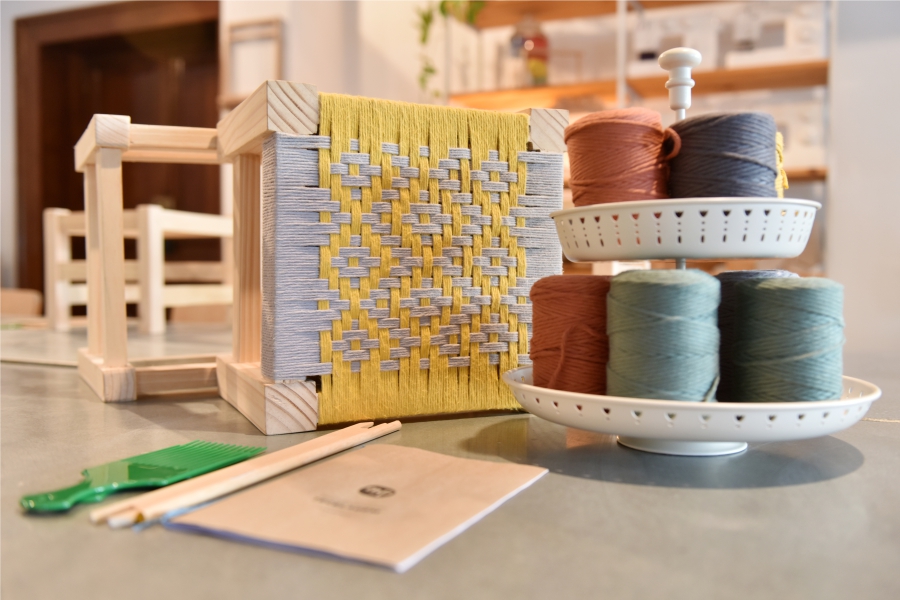
Marta Botelho and Filipa Botelho not only share the same surname, they weave the same dream that allowed them to create Matéria-Prima, a brand through which they offer creative workshops that open up new horizons to enthusiasts and allow professional artists and crafts workers to monetize what they have and know what to do.
Advertising
In 2018, in response to a bid to occupy one of the spaces of the Franco-Mozambican Cultural Centre, in Maputo, the two friends, now partners, decided to create and install Matéria-Prima, to serve the creative sector, with emphasis on offering regular workshops that explore artistic expression in the most diverse ways, painting, drawing, varied handicrafts, sculpture, sewing and even… cooking.
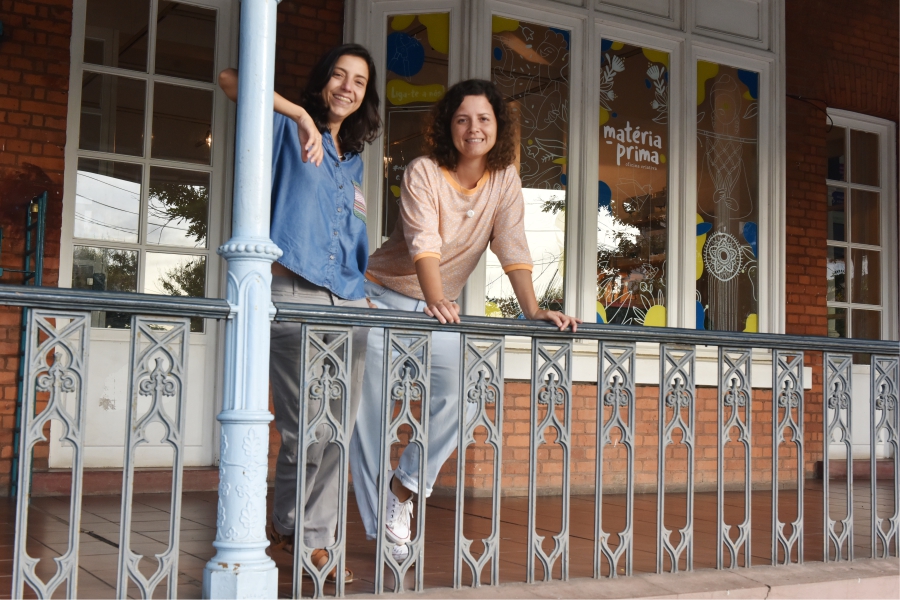
Through Matéria-Prima, the two entrepreneurs with different professional backgrounds – Marta Botelho an architect and Filipa Botelho a designer – seek to explore the versatility and expansiveness of art and the need to create, also as a way of reversing the tendency to boredom that the busy days of urban life have increasingly subjected us to.
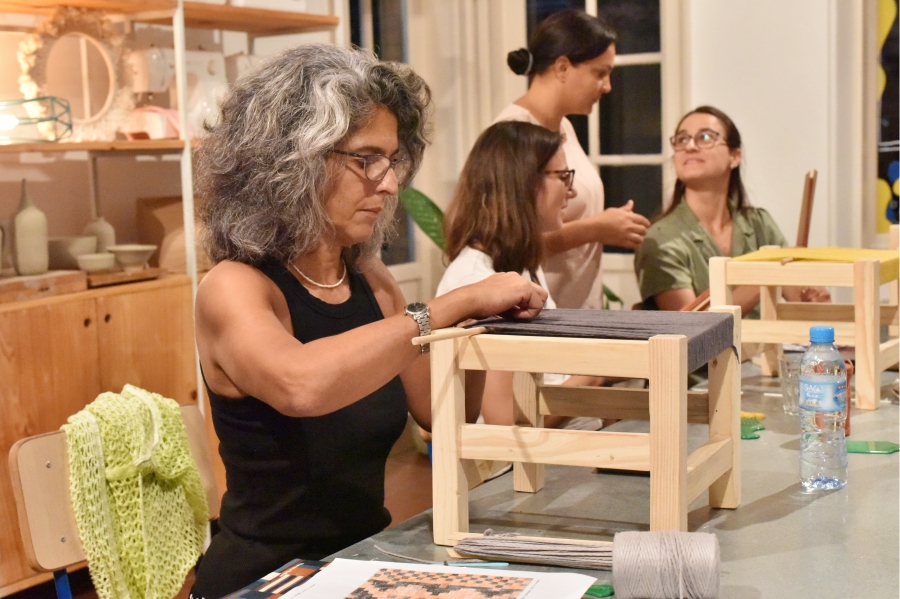
“There are audiences with different interests. We have people who seek workshops out of simple curiosity, looking to break routines and find something interesting to learn and do. And we have those who come because they want to further develop their artistic skills,” explains Marta Botelho, who takes on the more administrative tasks of the enterprise.
And while thinking of reaching out to people with different interests, it is worth mentioning those who find in the workshops the motivation that was missing to take the art business seriously or to turn professional. The focus is on offering courses that combine learning and leisure with technical requirements, which are crucial for anyone wishing to pursue a career in the creative sector.
“We often try to complement the artistic part with personal development,” concludes Filipa.
Matéria-Prima has also meant an opportunity for artists who can see a diversified way of making the most of their talent and experience.
In the toughest moments of the COVID-19 pandemic, they even shut down activities, due to restrictions imposed by the moment. But the recovery, in October 2022, came at full speed, with more than 15 workshops already held with the participation of more than 100 students, including adults and children.
The diversity of practices in these workshops follows a path of providing experiences and bringing artists and artisans closer to students. An example of this are the itinerant workshops, which consist of complementing classes in Matéria-Prima’s venue with a visit to the location where artists execute their creative process.
“We’ve already done this with the Mutamba potters in partnership with another artist who works with ceramics who had an ongoing project with them. The idea was to get to know the path of clay, see the various stages of this work and the manufacture of potteries in that area of Inhambane.” More recently, there was an initiative with the sculptor Mapfara who, on the sidelines of his exhibition “Humanimalidade”, held a workshop where participants went to see his workshop up close.
“This is interesting for us and for the participants. It allows the reality to be experienced beyond the comfortable space of the galleries. Often, the environment in which artists work is very different. And I think it values the work of artists a lot.”
Matéria-Prima’s immediate plan is to open up more space for participants in its training and workshop offerings – introducing workshops for babies and expanding the offer for children aged between two to five, in addition to the existing offer, in the age group of six to twelve. And, as Marta and Filipa reassure us, there is room to dream bigger and, above all, to make the art business more profitable and provide experiences to the public.
▶ Highlights
The diversity of practices in these workshops follows a path of providing experiences and bringing artists and artisans closer to students.
“There are audiences with different interests. We have people who seek workshops out of simple curiosity, looking to break routines and find something interesting to learn and do. And we have those who come because they want to further develop their artistic skills,” explains Marta Botelho.
Edição 78 Março/Abril| Download.



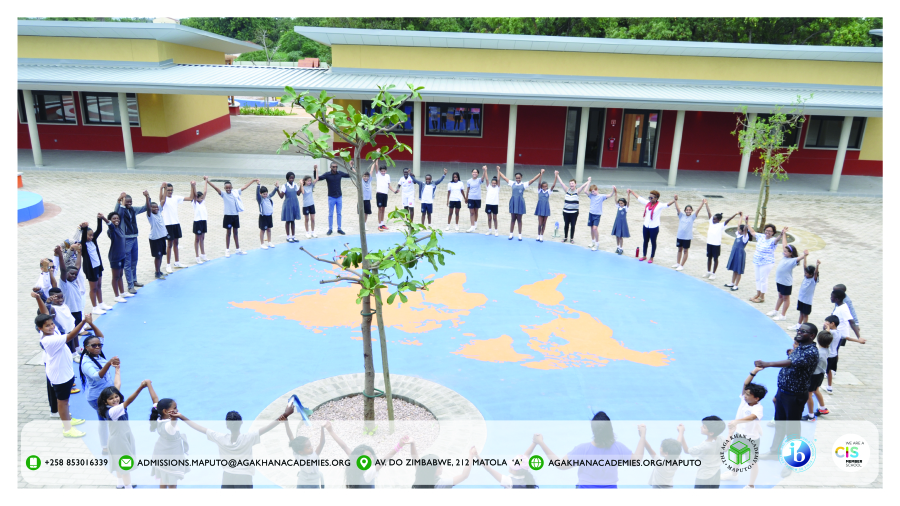

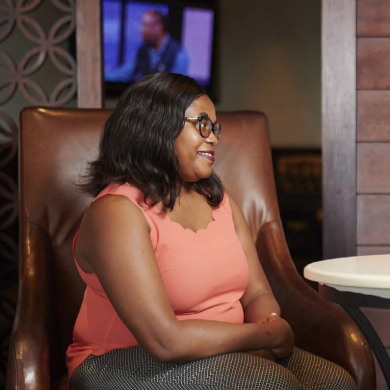


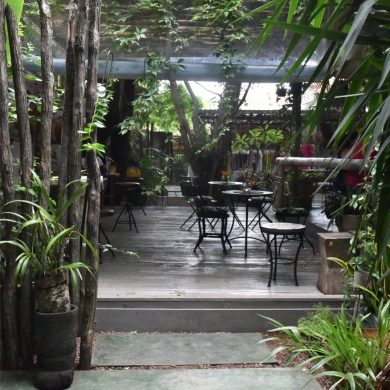

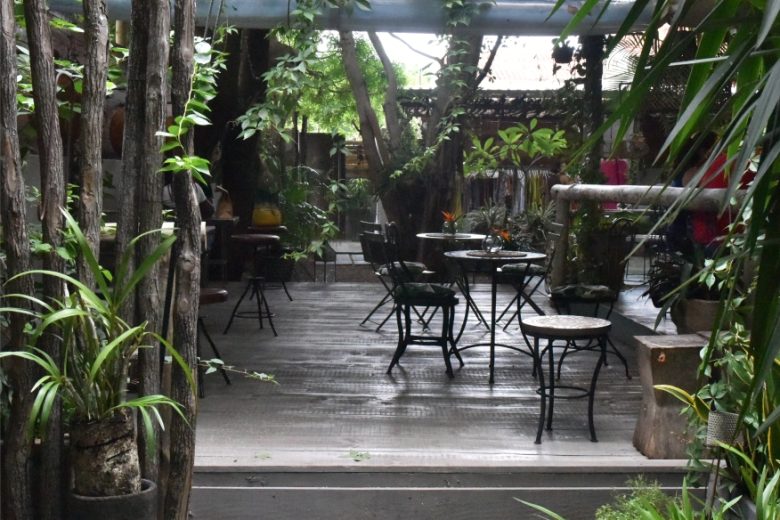












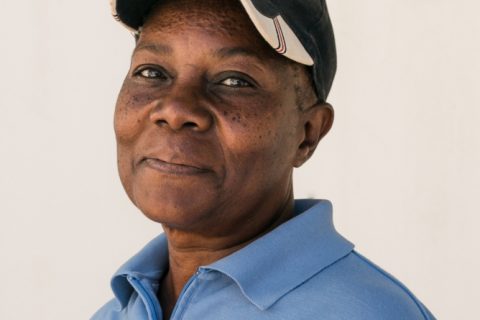
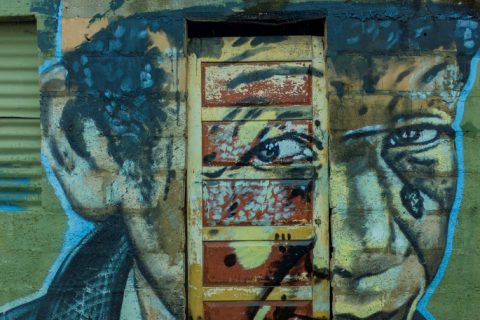






0 Comments